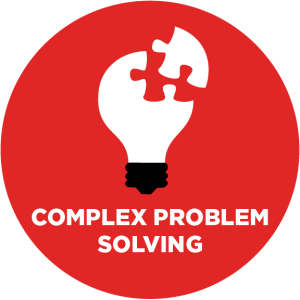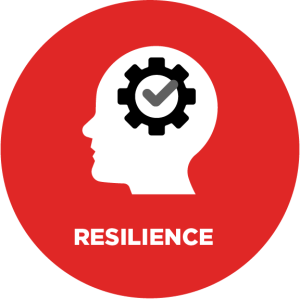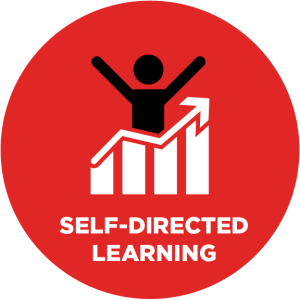2.2 What is the Pre-Health Sciences Pathway to Advanced Diplomas and Degrees Program
What is the Pre-Health Program?
The Pre-Health Sciences Pathway to Advanced Diplomas and Degrees (PHS or Pre-Health Science) program provides students with the opportunity to study subject areas relevant to health career programs at Fanshawe College and to instill an appreciation of the professional roles, responsibilities and academic requirements of health care disciplines. This program is designed to help students earn university-level credits in a supportive college environment and to develop confidence and build strong academic, communication and research skills, while adjusting to a post-secondary learning experience.
Students will have the opportunity to develop their knowledge and skills in communications, mathematics, biology, physics and general and organic chemistry so they are well-prepared for the rigours of their next academic program. In addition, the program provides students with the opportunity to learn about potential careers in the health sciences and identify other programs focusing on the biological or chemical sciences that will enable them to achieve their career objectives. As well, the postsecondary credits students earn could be transferred to other health sciences or science-related programs. The curriculum has been designed to meet subject specific entrance requirements. It is expected that graduates of Pre-Health Sciences Pathway to Advanced Diplomas and Degrees programs will be eligible to apply for admission to Advanced Diploma or Degree programs, as well as Certificate and Diploma programs within two broad fields: health sciences, as well as general sciences. (Ministry of Advanced Education and Skills Development, 2016, p.4)
Vocational Learning Outcomes
Vocational Learning Outcomes (VLOs) describe the learning being done at the program level and follow the credentialing framework outlined by the ministry. Each course will outline Course Learning Objectives (CLOs) that will be achieved by the end of the course and will relate back to the Vocational Learning Outcomes at varying levels as a program.
The PHS program will cover application to the human body in multiple courses. The core subject will be covered in two semesters of Human Anatomy and two semester of Biological Sciences to maximize student learning over a longer time. Human Anatomy will cover the gross anatomy of the human body and Biological Sciences will look in more depth at the cellular biology and physiology. This allows the student to work on additional foundational skill sets such as quick recall and organization in Human Anatomy and critically applying this knowledge to the physiology of the body. Chemistry is the second level of organization of an organism, like the human body, and Physical Sciences will review scientific laws as they apply to the human body and important health care devices. Mental mathematics concepts are not only required for application in health care for the use of technical equipment and dosage, but also for an overall appreciation of numbers in particular, with respect to safety of the patient when performing quick mental tasks required of a health care professional. The PHS program will cover application to the human body in multiple courses allowing the students to work on additional foundational skill sets such as quick recall and organization and critically applying this knowledge to the physiology of the body.
Vocational Learning Outcomes
A student who is successful in PHS will be able to:
-
- Examine biological concepts, processes and systems of the human body, including genetics and epigenetics, as well as the structure, function and properties of the molecules of life, cells, tissues and organ systems in relation to homeostasis, physical development and health.
- Examine concepts, processes and systems of chemistry, including atomic and molecular structure; quantities in chemical reactions; solutions and solubility; acids and bases; as well as, organic chemistry and biochemistry in relation to health and the human body.
- Solve numeric problems and interpret data related to health sciences and other science-related fields using mental mathematics, mathematical concepts, including algebra and probability, along with descriptive and inferential statistics.
- Use health sciences and other science-related language and terminology appropriately to communicate clearly, concisely, and correctly in written, spoken, and visual forms.
- Prepare a personal strategy and plan for academic, career and professional development in the health sciences or other science-related fields.
- Investigate health sciences and science-related questions, problems and evidence using the scientific method.
- Examine fundamental physics laws and concepts and their application to health sciences and other science-related field
Evaluating Vocational Learning Outcomes
To measure the success of each student in meeting the vocational learning outcomes, each college will define expected learning outcomes. These may vary at each college for preparation of programs at that college but the general guidelines for each can be found here: Pre-Health Sciences Pathway to Advanced Diplomas and Degrees Program Standard, July 2016




